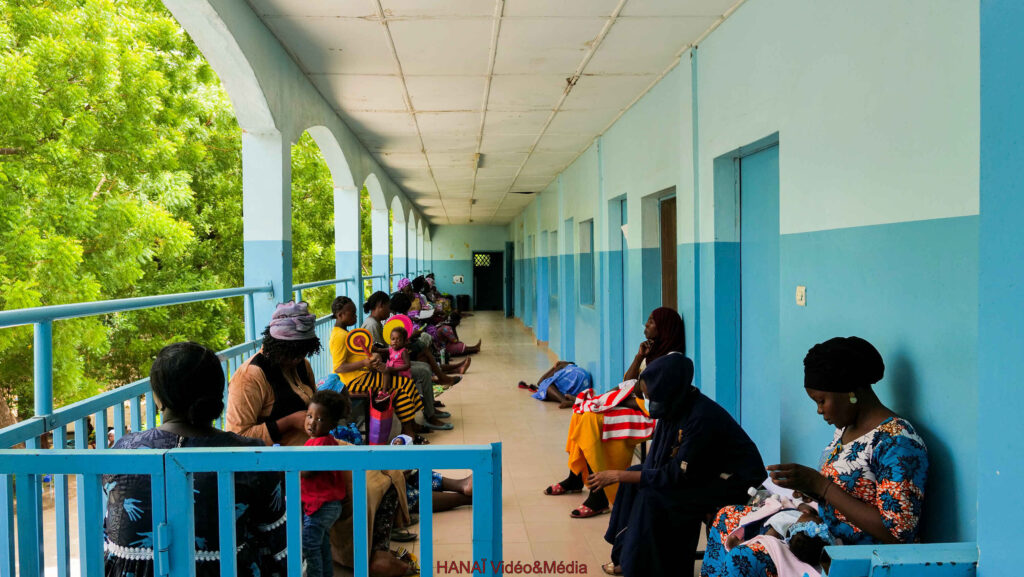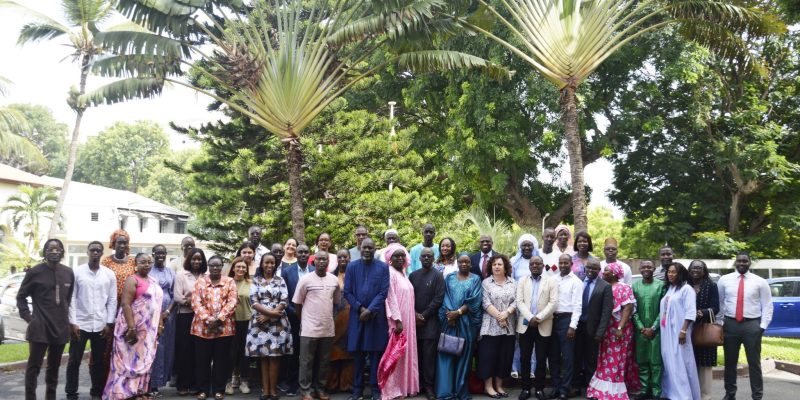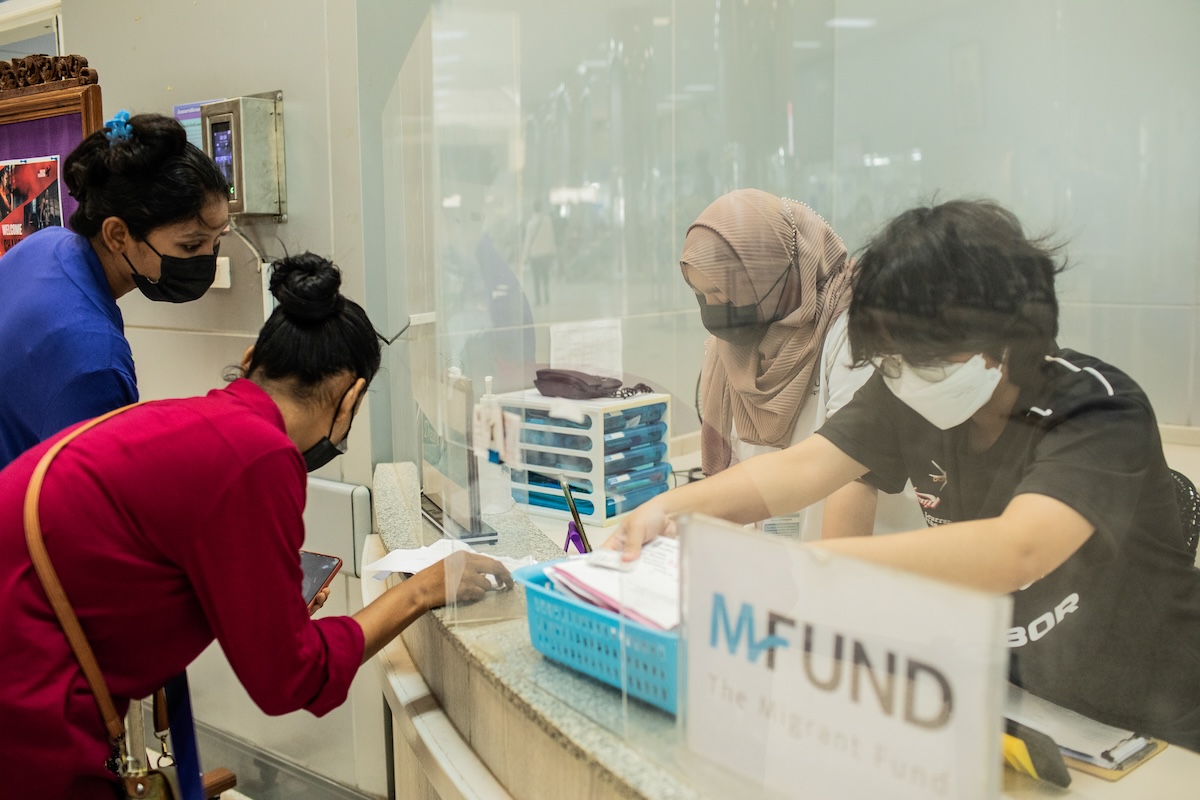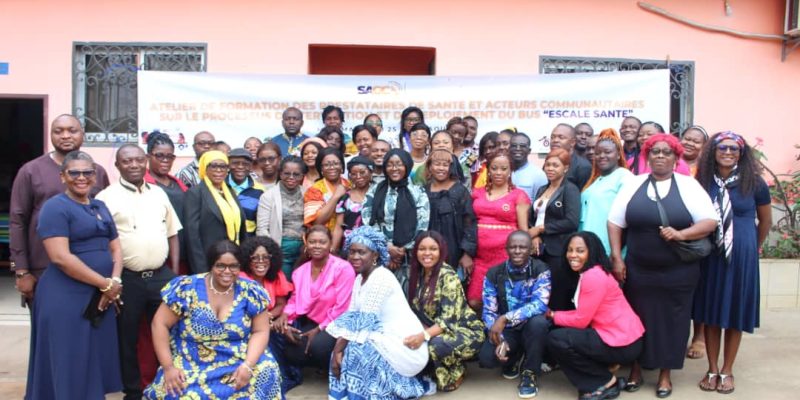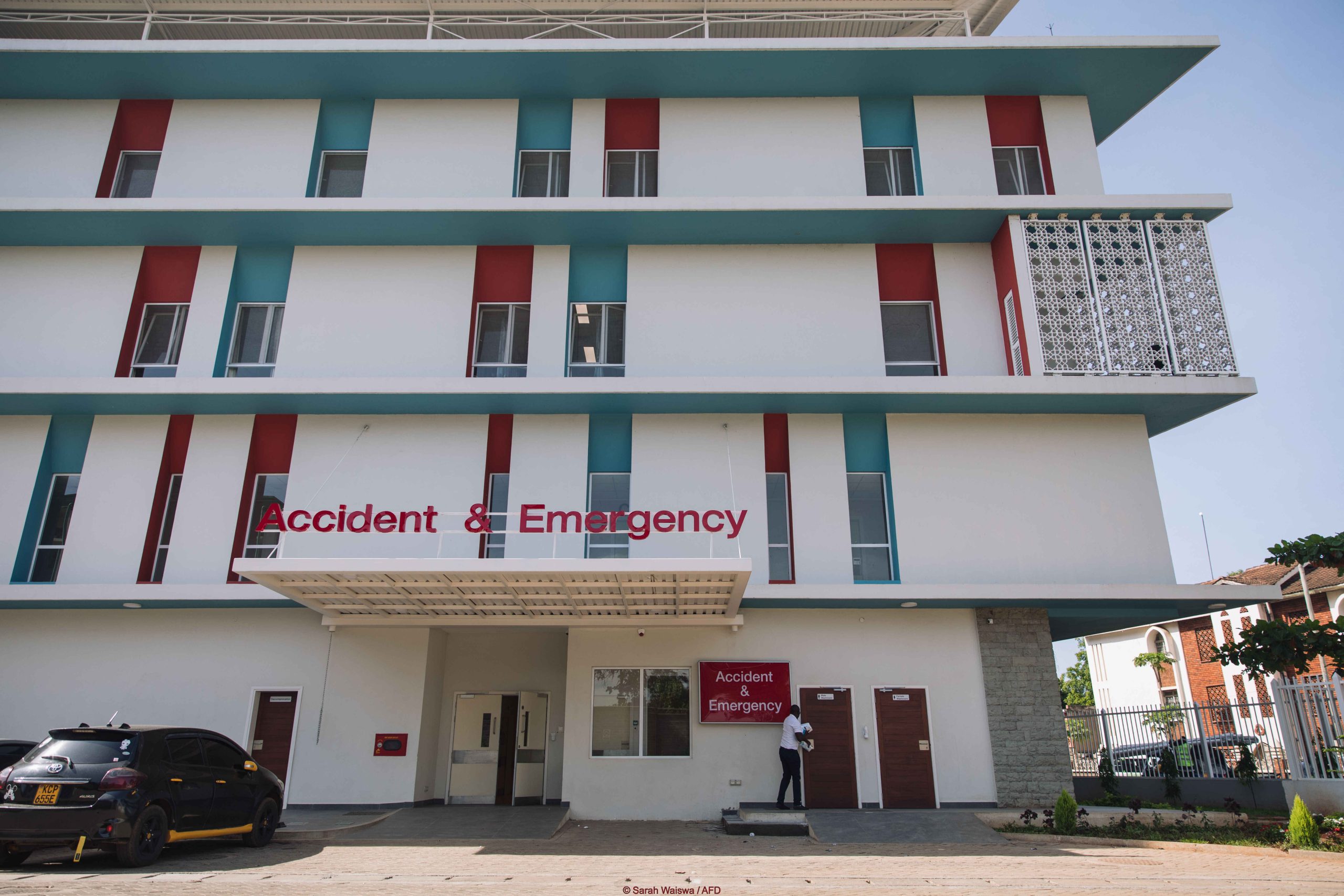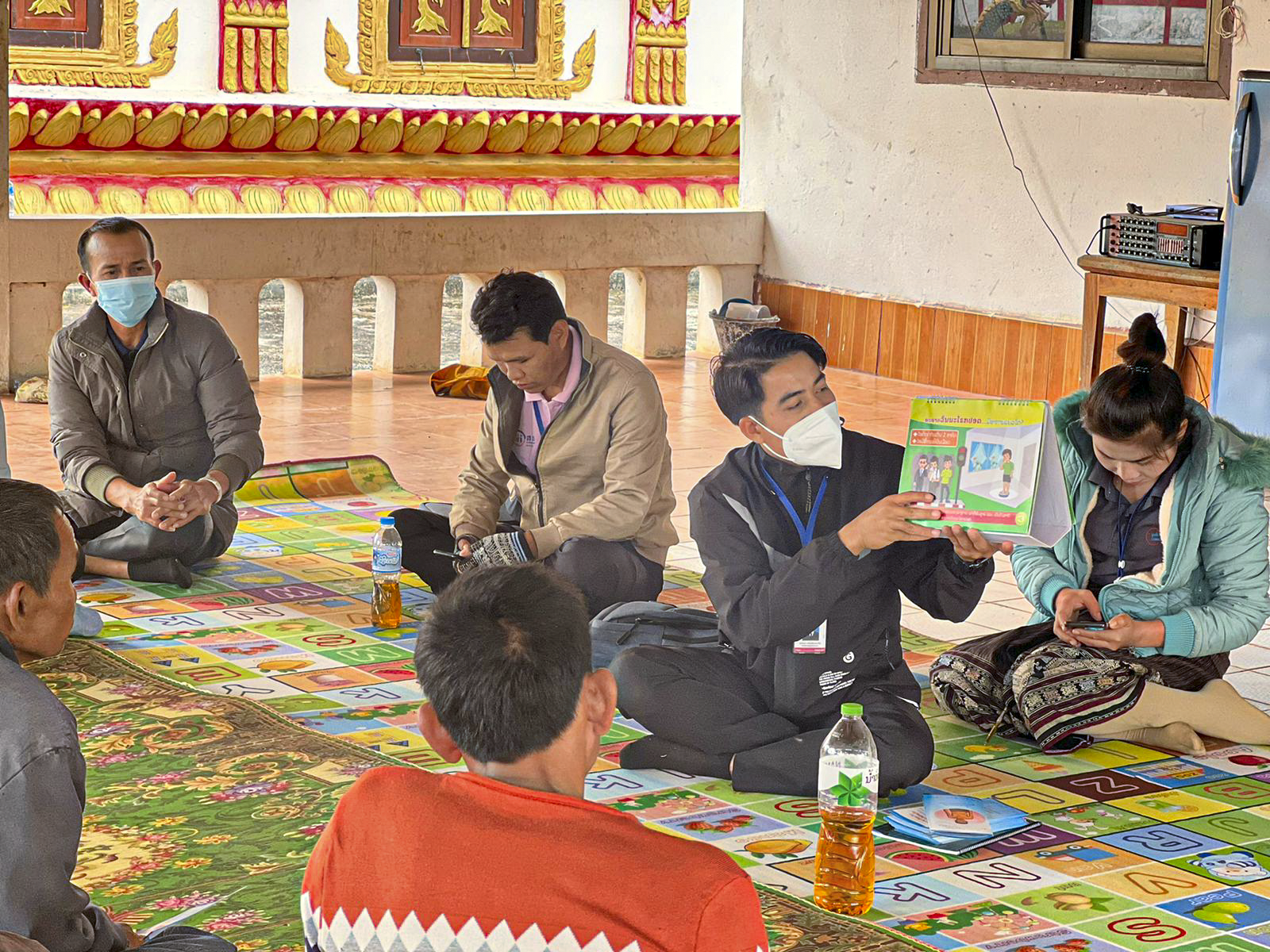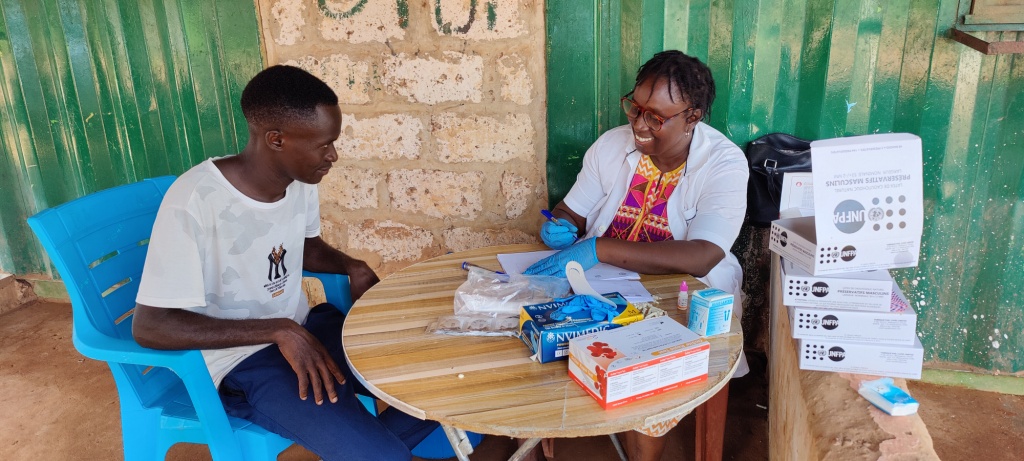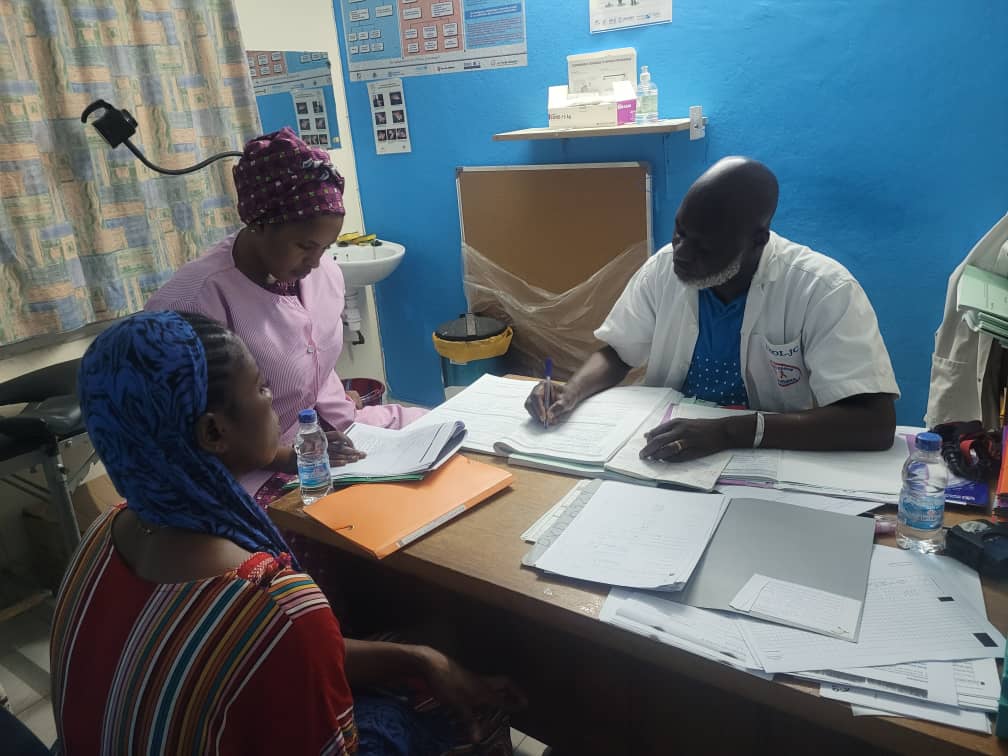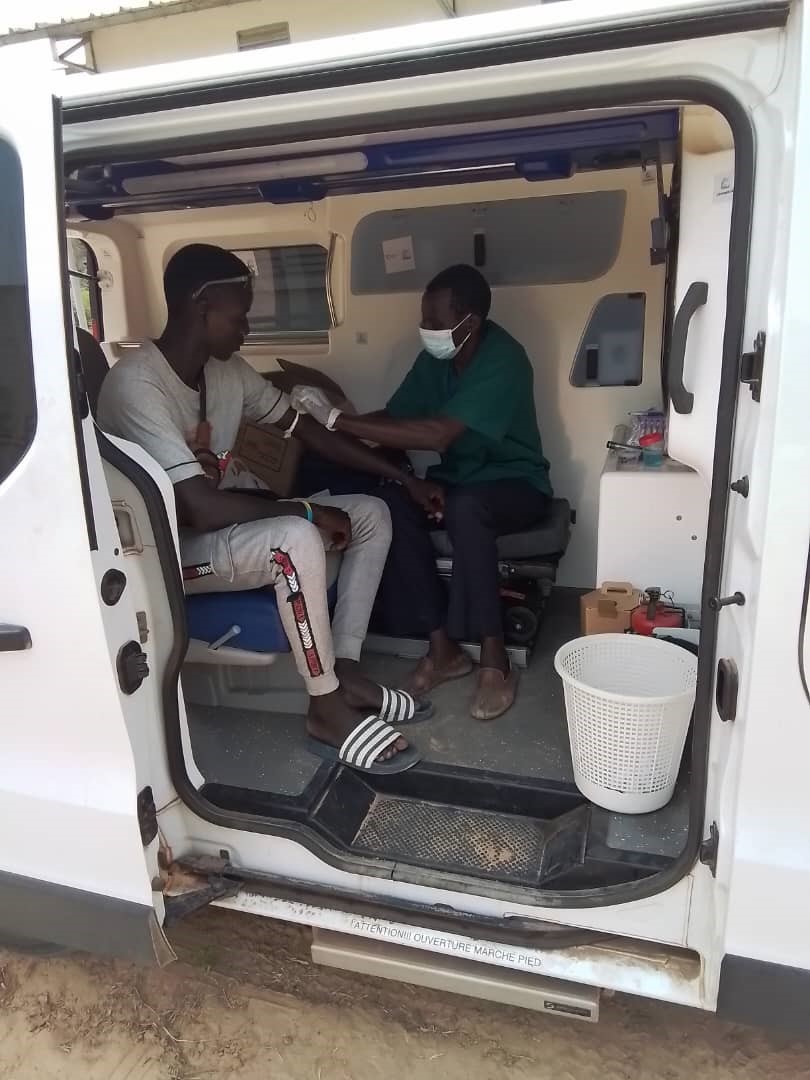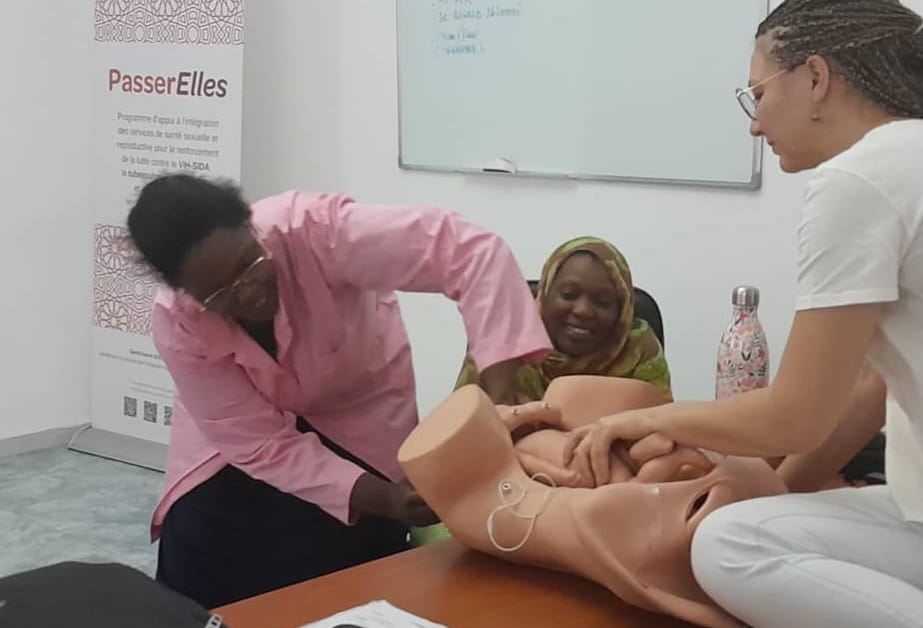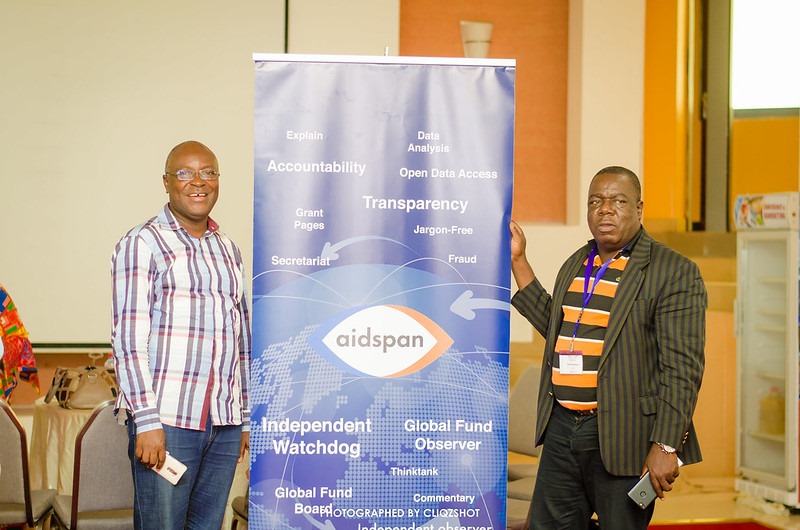The PasserElles programme aims to integrate sexual and reproductive health services to bolster the fight against HIV/AIDS, tuberculosis, malaria, and their co-infections in Mauritania. The program also incorporates a gender-focused approach to more effectively combat these diseases.
Context
The Mauritanian healthcare system faces significant challenges, intensified by transmissible infectious diseases such as HIV/AIDS, tuberculosis, malaria, and hepatitis B. The spread of these diseases is largely driven by inequalities in access to and the quality of healthcare services. These disparities are both geographic, with limited services in rural areas, and socio-cultural, as social norms and gender inequalities impact access to quality healthcare, including sexual and reproductive health.
Description
The PasserElles programme, led by Santé Sud in partnership with SOS Pairs Éducateurs, is being implemented in the three regions most affected by HIV/AIDS and marked by high rates of tuberculosis and malaria: Nouakchott, Trarza, and Dakhlet-Nouadhibou. Using an integrated, gender-sensitive approach, the program aims to enhance the quality of healthcare services at all levels (primary, community, and national reference). The initiative plans to train 60 community health workers and enhance the skills of 664 healthcare professionals. It also focuses on raising awareness, providing diagnosis and monitoring for vulnerable populations, and expanding advanced care in rural areas through mobile clinics. To ensure effective implementation and broad impact, PasserElles relies on strong established partnerships, including the Mauritanian Ministry of Health, the Executive Secretariat for the Fight against AIDS, and the Permanent Secretary of the Global Fund’s Multisectoral Coordination Committee.
Impact
The program seeks to reduce the incidence and morbidity of the three diseases and their co-infections in the target areas. This will be achieved by enhancing access to quality care and reinforcing the healthcare system and its stakeholders at all levels of the health pyramid. In the long run, the PasserElles programme is expected to have a lasting impact on public health in Mauritania, directly benefiting thousands through improved prevention, expanded screening, and better treatment follow-up.
